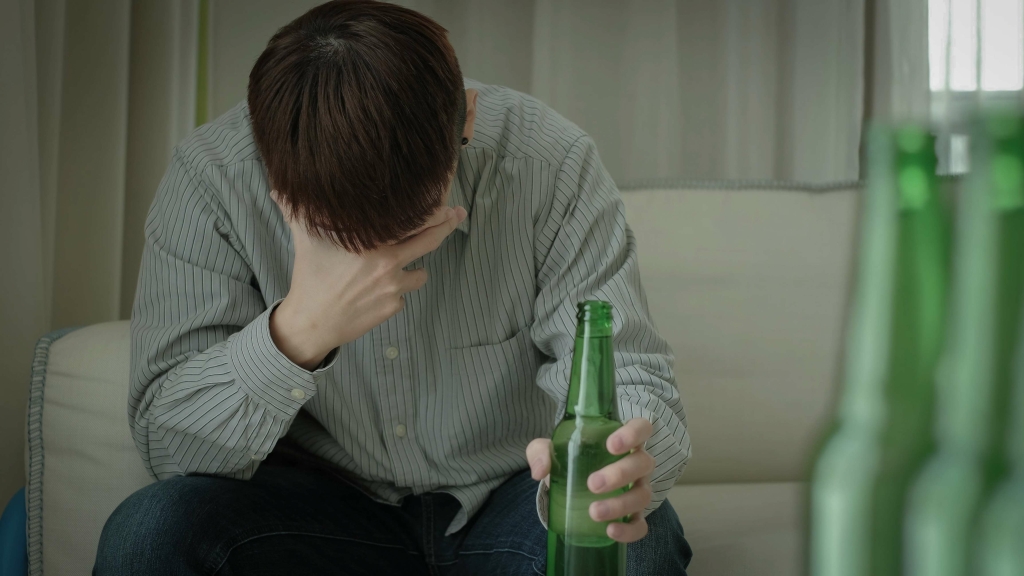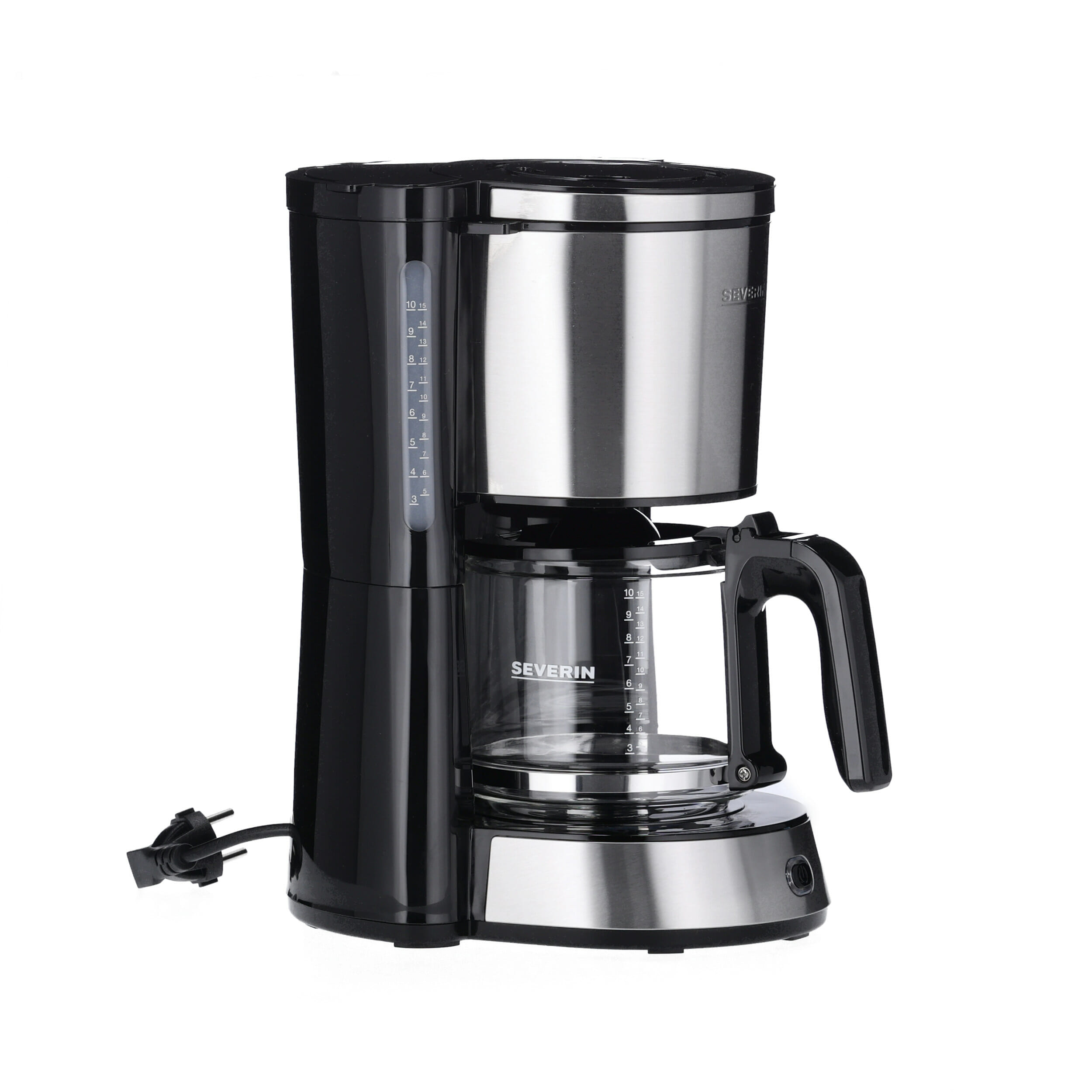Our loved ones are free to set their own boundaries, which provides opportunities to negotiate relationship parameters based on one another’s values and needs. To have a healthy relationship with yourself, you’ll focus on your recovery and make sure you’re taking care of yourself physically, mentally, and emotionally. While you do have to forgive yourself and move forward, you also have to accept the impact of drugs https://boxalbums.com/alternative-rock/787741-mr.-bungle-california.html and alcohol on every part of your life before you can do that.
Codependency And Unhealthy Relationships
Participants’ recovery-related agency was thus presented as multifaceted and in complex interplay with the relational context provided by services. Participants resented interactions in which their intentionality was overlooked, and often responded with either covert or direct forms of resignation or rebellion when they felt that these intentions were not recognized or respected. Perceived threats to the participants’ autonomy often led to a form of protective retreat, e.g., refusing an offered form of treatment, dropping out, or more subtly disengaging and deciding to withhold information from professionals.
Suicide prevention

It also paves the way for identifying service users’ expressions of both recovery-related intentions and power as crucial resources for collaborative helping efforts. The concept of recovery tasks helps identify clients’ successes in acting toward their recovery-related intentions even during on-going crises, thereby facilitating encouragement of these efforts and feelings of competence. Rebuilding trust is very much a part of the recovery process, especially if a person with substance use disorders violated another person’s trust at some point in the past.
- All participants reported interactions with services that had enhanced their ability to identify, pursue and/or complete a recovery task, i.e., supported their recovery-related agency.
- Uncover challenges, barriers, and the role of primary care providers.
- They give individuals understanding, encouragement, and accountability.
- Exploring spirituality can contribute to a positive relationship with oneself during recovery.
- Purposes Recovery is a private, 24-bed inpatient rehab center specializing in 24/7 medical support for drug and alcohol detoxification as well as residential rehabilitation programs.
Emotional Strain
Repairing relationships requires taking accountability for one’s behavior and expressing regret. The basis for reestablishing trust can be laid by acknowledging the suffering and harm caused by addiction and actively seeking forgiveness. It is crucial to show loved ones that rehabilitation is a priority by exhibiting consistent and good behavioral improvements over time. This can entail apologizing, paying attention to their issues, and allowing them time to absorb their feelings. Relationship repair in recovery is a long and ongoing process that calls for tolerance, compassion, and a readiness to accept responsibility.

The material on this site is for informational purposes only, and is not a substitute for medical advice, diagnosis or treatment provided by a qualified health care provider. Sometimes life in recovery involves pushing the envelope and making an effort. If you need to work on shyness, or being uncomfortable with people, then so be it; let’s start working on it. I know you can do it because you are here reading these words, trying to improve yourself. One way or another, our spirituality is definitely affected if by actively using drugs or alcohol.
Understanding the Alcohol Detox Timeline
This intense focus on personal accountability in recovery can lead to completely ignoring the other side of the story—relationships may have contributed to addiction and may be complicating recovery efforts. One of the great things about recovery and sobriety is that you have an opportunity to make new friends and create new types of connections. It can be scary and strange at first, but you may find amazing people who will support you during the process of recovery and maintaining sobriety. The friends and connections you make with others during recovery, can open your world up to different kinds of people and to a mindset of building yourself up and accountability. Also, when life gets difficult or challenging, having good friends who are also on the journey to recovery can provide the support you need for when something is challenging https://givingcommon.org/blog/how-to-cheat-a-alcohol-hair-test-myths-and-realities/ or rough.
- When an empathetic other was available, participants described empowerment (sustained agency) or an experience of being safer even when they continued to feel powerless (contained non-agency).
- Family members may lose trust because of lies to cover up your addiction, for example.
- While the perspectives of medicine persist in guiding healthcare responses to suicidality, alternative approaches to conceptualizing and optimizing the role of services have also emerged or been adopted in the field of mental health.
- If something doesn’t seem or feel “right,” it’s important to pay attention to that gut feeling and be able to communicate about it.
- Understand that healing takes time and that your loved ones may need space to process their feelings and decide how they want to move forward.
- Unfortunately, many people who suffered through addiction come from less than ideal and emotionally functional families.
- Chronic drug and alcohol abuse can damage relationships, and lead to severe emotional pain and unhealthy coping skills, such as enabling.
Impact of Unhealthy Dynamics
For the person living with SUD who feels rejected, Green notes that this isolation can make it more challenging to receive the emotional support needed during recovery. If you’re recovering from substance use disorder (SUD) or you love someone who is, you know just how challenging it can be to heal the harm that may have occurred. This can be especially true when it comes to repairing relationships. There are different opinions on when and how to disclose your recovery status. Some people believe it’s important to be completely upfront and let others know that you are a person in recovery during your very first encounter. Others take the position that it is best to see how the relationship develops and use that information to determine when to disclose.


It can give individuals a sense of purpose, meaning, and connection. It helps them find inner peace and https://goodnight.dn.ua/infusions/poster/index.php?readmore=8155 strength to get through tough times. It helps an individual build self-worth, confidence, and resilience. As your loved one builds and nurtures these relationships, make sure they prioritize the most important one, the relationship with themselves. It’s the foundation upon which all other connections can flourish. Reconnecting with those closest to us can be like solving a complex puzzle, but it’s a challenge we can overcome.









